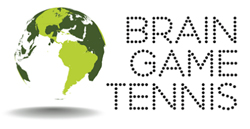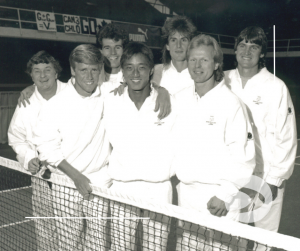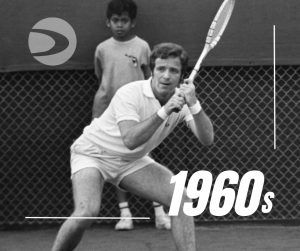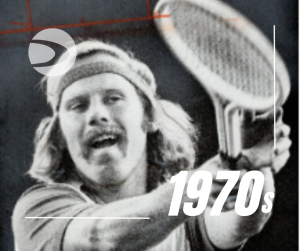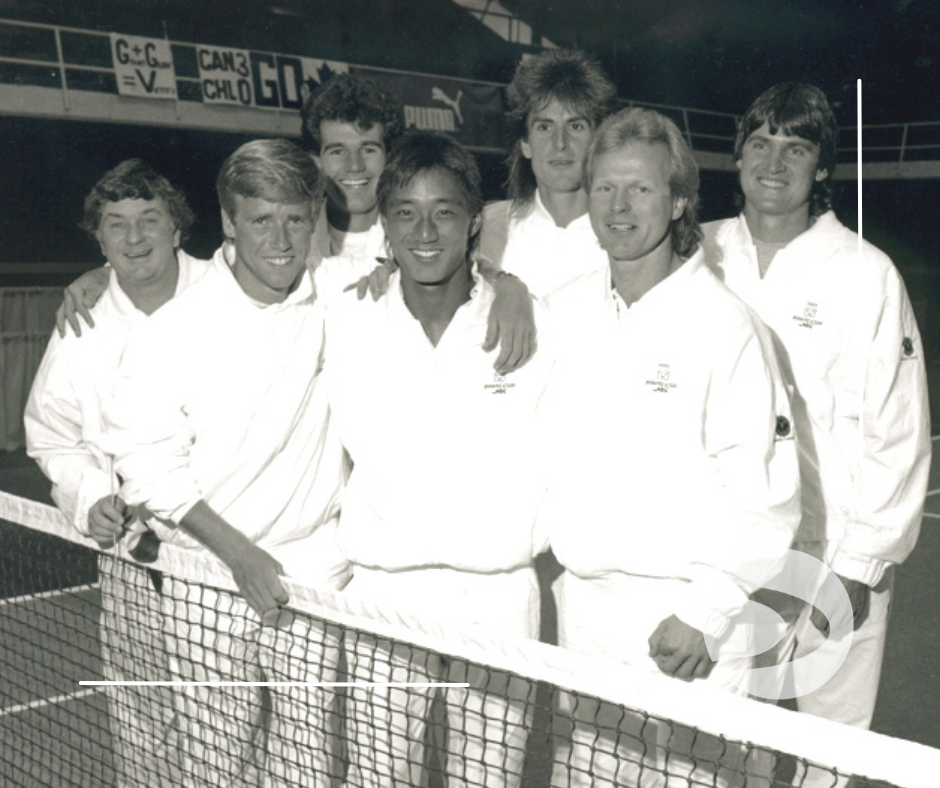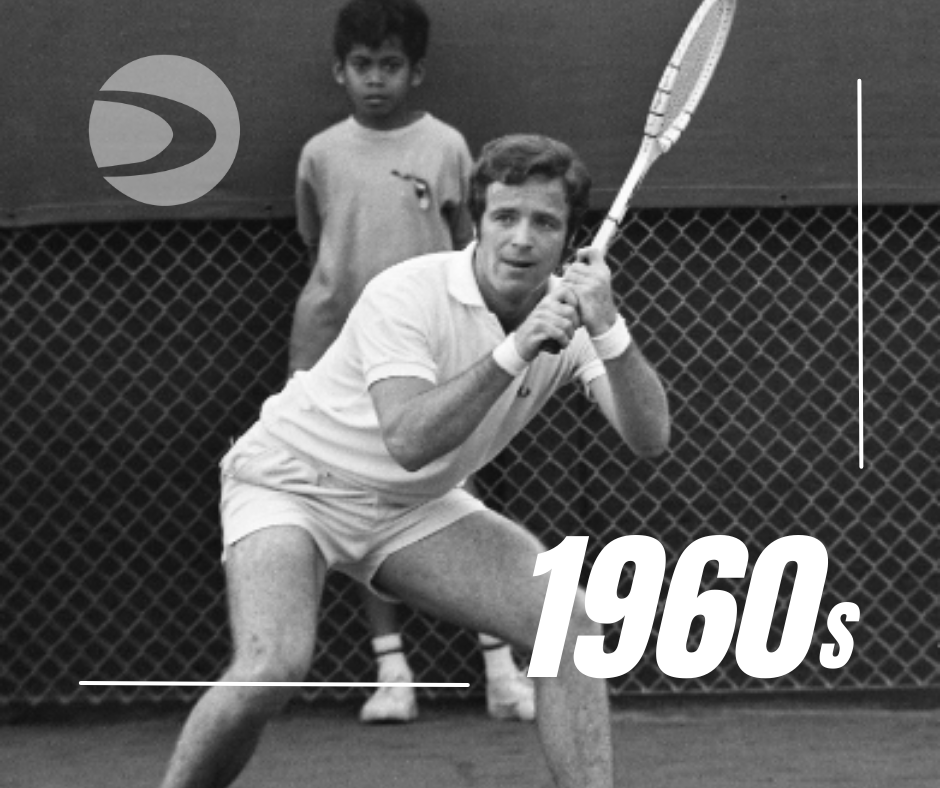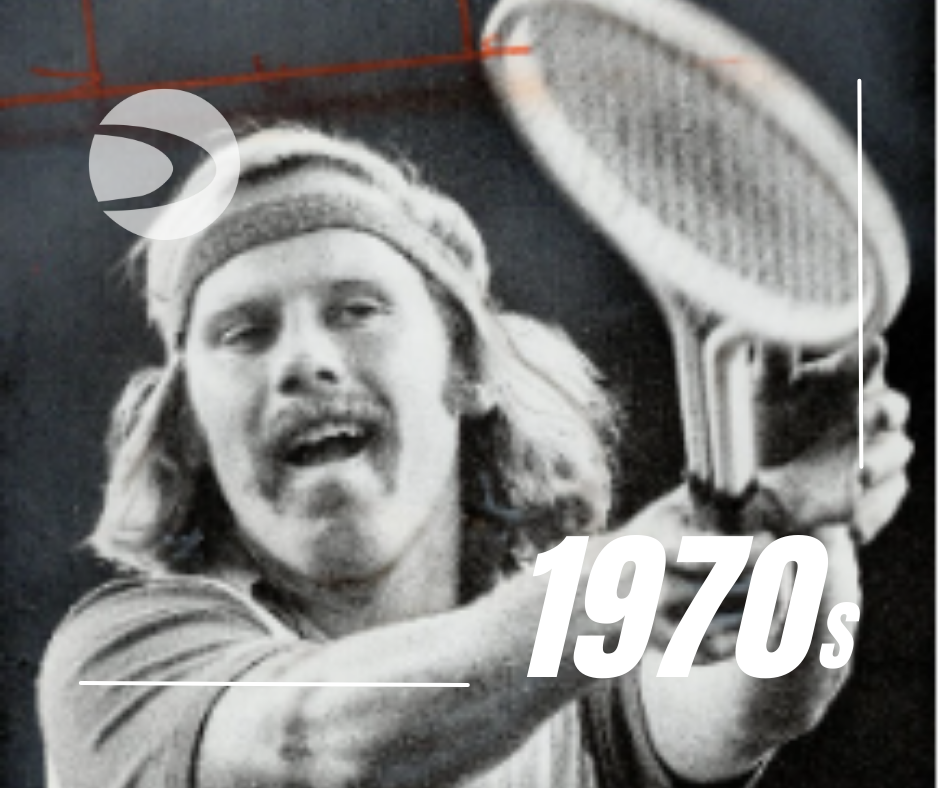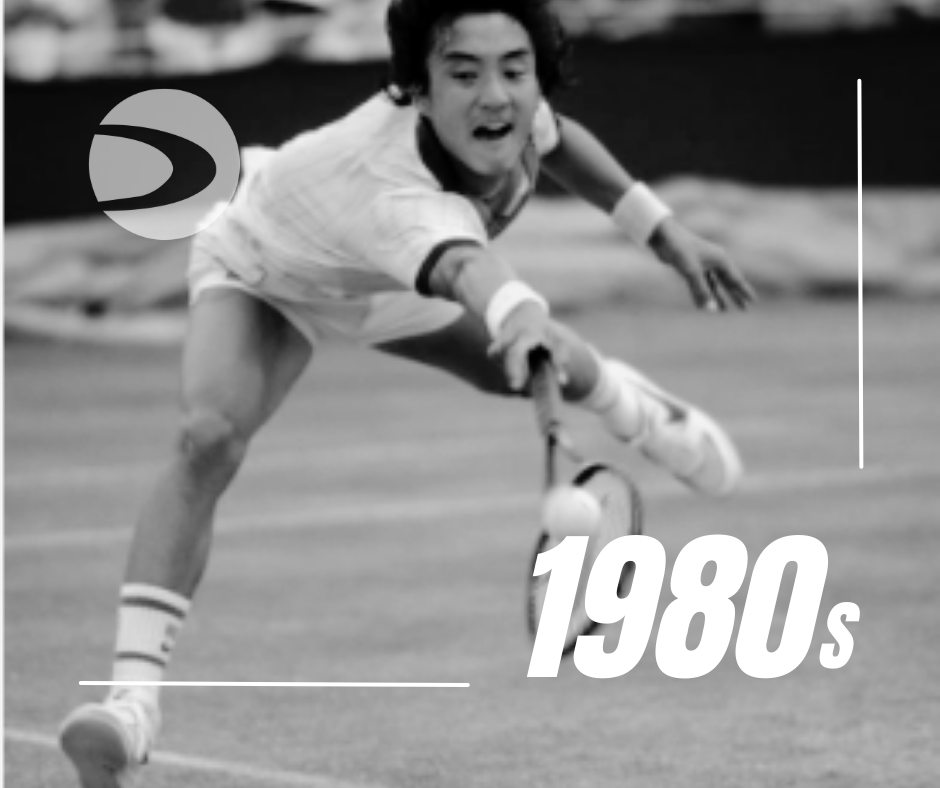BY CRAIG O’SHANNESSY
Carlos Alcaraz is a 360-degree player. He comes at you from every possible angle.
Alcaraz defeated Alexander Zverev 6-3, 6-1 in the Mutua Madrid Open final on Sunday by bamboozling the German with a scintillating array of Spanish shotmaking. Alcaraz comes at you with a laser forehand. Or a crushing backhand. Or a devilish drop shot. Or serving and volleying. He comes at you so many ways, you don’t know which way is up.
Alcaraz hit six drop shots in the final and won the point on all of them. Four came from a forehand groundstroke while two came from a forehand drop volley. The 19-year-old Spaniard also served and volleyed five times in the final and won them all. The skill level that exists across the entire spectrum of strategy is simply off the charts. Watching Alcaraz is like watching something for the very first time, even though you have watched the sport for decades.
Alcaraz Forehands & Backhands
Overall, Alcaraz hit 60 per cent (50/84) forehand groundstrokes for the match, which excludes returns, volleys and overheads. Thirty-six of them were regular forehands standing in the Deuce court and 14 were run-around forehands standing in the Ad court.
The following breakdown includes Alcaraz’s forehand and backhand winners and errors as well as errors that were also extracted from Zverev from that particular shot.
Regular Forehands
– 36 hit
– 2 winners
– 6 errors
– 5 errors extracted from Zverev
Run-Around Forehands
– 14 hit
– 5 winners
– 2 errors
– 3 errors extracted from Zverev
Backhands
– 34 hit
– 2 winners
– 5 errors
– 9 errors extracted from Zverev
Alcaraz’s forehand is a formidable weapon, with his run-around forehand especially so. Of the 14 times he struck this shot standing in the deuce court, he immediately won the point eight times from a winner or forcing an error. It’s a prolific strike-rate, especially when you consider he only yielded two errors in the process.
What’s fascinating is that Alcaraz’s backhand immediately produced more errors on the other side of the court from Zverev than his forehand did. Alcaraz extracted nine errors from his backhand wing and eight errors from his forehand. This is a key to the teenager’s success. There simply is no weaker wing for opponents to prey on.
Alcaraz only yielded five groundstroke errors (two forehand/three backhand) in the opening set, which set the tone for the one-sided final. Throw in two drop-shot points won and three serve-and-volley points won and Zverev had no discernible strategy to claw his way back into set two. To end the opening set, Alcaraz committed only one error from his last 16 backhands. It must have been a torturous time for Zverev, who regularly relies on his backhand to break down his opponent’s backhand. Not this time. Not even close.
The analytics of Alcaraz’s matches uncover a player who is solid as a rock and can do everything under the sun.
More on Carlos Alcaraz
Motivation and drive to learn and improve: Everything about his game has improved significantly from last year. He always has been very vocal about how he has a lot to work on and improve during the many of the interviews.
Interview: Tennis Story: Carlos Alcaraz
Relentless confidence: Carlos always displays a strong look of confidence inside and outside
Interview: Carlos Alcaraz: 2022 Madrid Quarterfinal Win
Humility: He displays a great deal of humility.
Interview: Warm & Fuzzy: Carlos Alcaraz
Hunger: He is hungry to improve all aspects of his game.
Video: Carlos Alcaraz MONSTER Training
Grit: He has the ability to bounce back quickly from losing matches or sets.
Interview: Carlos Alcaraz “I Lost, I Didn’t Die” – Monte Carlo 2022
Appreciation: Having an appreciation for life and people around you may seem out of place for character necessary for success. However, research shows that appreciation helps people feel more positive emotions, improve health, deal with adversity and build stronger relationships.
Interview: Carlos Alcaraz: 2022 Miami Final ChampionshipThe most important takeaway here is that we must work hard to develop, maintain, and improve strong characters within ourselves.
SOURCE: By By Brian Park / Sport Psychology Performance Consultant
Apeak Tennis
www.apeak.com
Mission to make mental training accessible and affordable.
Craig O’Shannessy, Brain Game Tennis & Contributing Editor
Visit www.braingametennis.ca
For more from Craig, visit BRAIN GAME TENNIS

